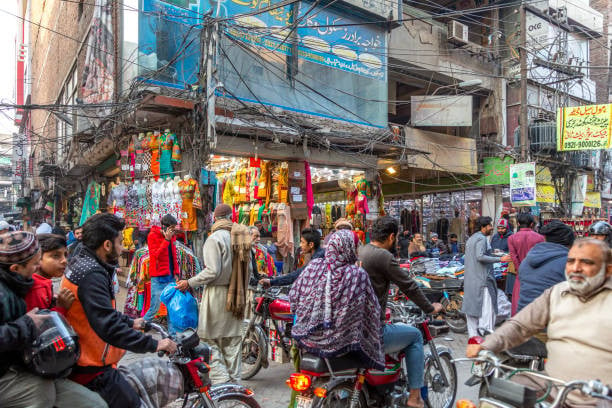Karachi Temperature Rises as Lahore Faces Severe Heatwave
The heatwave is expected to subside from May 1 onwards, but experts emphasize the need for long-term policy-making involving the protection of green spaces, planting of new trees, incorporation of climate change into urban planning, and public awareness campaigns to mitigate the effects of climate change and urbanization on Karachi temperature and other cities.

Lahore is experiencing a severe heatwave, with temperatures expected to reach 40 degrees Celsius in April, a 7-degree increase from the average temperature in 2020, due to rapid urbanization, increased population, and deforestation, while Karachi temperature is also expected to rise in the coming days.
The Meteorological Department attributes this rise to rapid urbanization, increased population, and deforestation, which have led to the loss of 70% of Lahore's tree cover between 2010 and 2017, and its green spaces have decreased to 2.8%. The urban heat island effect, industrial pollution, and poor urban planning are also contributing factors to the heatwave. Experts warn that the heatwave will worsen if immediate and effective measures are not taken to tackle the crisis.
The Provincial Disaster Management Authority has issued precautionary measures, including avoiding outdoor activities during peak temperatures and taking care of vulnerable individuals. Pakistani Meteorological Department predicts heatwave from April 26 to April 30 with temperatures 5-7 degrees above normal in southern parts of the country, which may also impact Karachi temperature. National Disaster Management Authority predicts isolated rain in northern, central, and southern regions from May 1 to May 7.
People are advised to take precautionary measures, especially children, women, and senior citizens, as rising temperatures in northern areas may enhance snowmelt rate, and wind-dust storm/hailstorm and lightning may damage loose structures. The city's AQI was 82, exceeding the WHO's annual PM2.5 guideline value fivefold, highlighting the need for immediate action to address the heatwave and air pollution crisis.